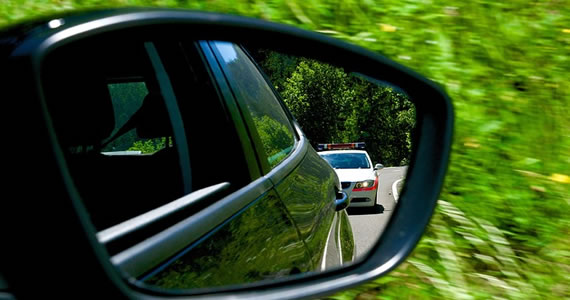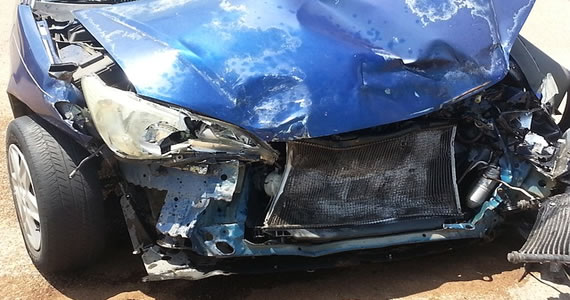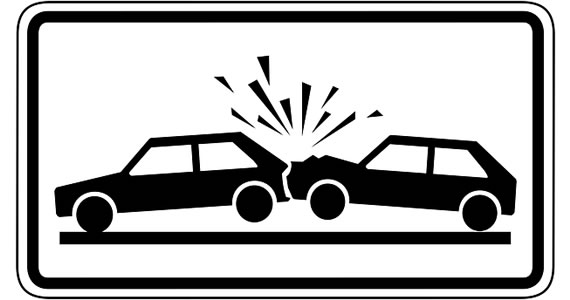A fender bender can put you into a potentially dangerous situation. What seems like something minor could explode into a very serious incident if you aren’t careful. The key to staying safe is knowing what to do. Here are five dos and don’ts when you are involved in a fender bender, especially on slick or icy roads this winter.
Do Contact the Police Immediately
Always contact the police immediately after an accident. Do not try to settle things quietly, or just brush off the accident. You want to call the police, request medical attention if necessary, and file an official report. This helps to protect you and the other driver. It is also a necessary step if you need to file an insurance or personal injury claim later.
Do Not Remain Standing in the Road
The last thing you want to do is stand in the road next to the vehicles, assessing the damage after an accident. Do get out of the road as quickly as you can. There will be plenty of time to look at the damage when the police arrive. Get to a safe place with everyone involved in the accident. This might even mean crossing the street to get to a sidewalk or parking lot.
Do Speak To a Lawyer
You will want to speak to a personal injury lawyer after the accident if you were hurt in any way. A Pocatello Attorney from a firm you trust will make certain your rights are protected. A lawyer will also help to determine whether you have valid damages that can be recovered through filing a personal injury claim. Always contact a lawyer if you were in a car accident.
Do Not Attempt to Drive Your Vehicle
There is no way to tell what parts of your vehicle might have been damaged as the result of a fender bender. You do not want to attempt to drive your vehicle right away. Wait until a tow truck arrives and have the car inspected. If you try to drive away, then damage to the car might cause you to lose control and get into another accident.
Do Document What You Can
Do try to document everything you can. This includes taking pictures or videos of the scene and the damage done. Get the names of witnesses in the area. Get all the contact information from the opposing driver and the license plate of the other cars. This information can be very helpful later.
You need to take action right after a fender bender in order to protect yourself and your rights. Do not assume that a small accident will not have far-reaching consequences in the coming days. Use these five tips to do the right thing after an auto accident.


















